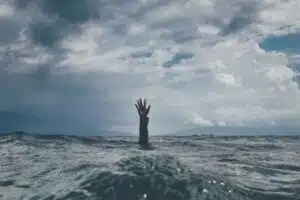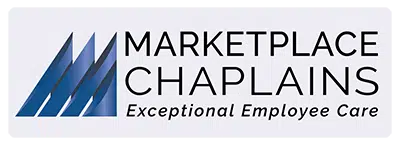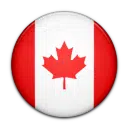Signs of Depression: Treatment Options and Diagnosis
Depression comes in many different forms, and doctors decide on treatment according to the symptoms, severity, and duration of time the patient has lived with depression.

Everyone feels low at some point in their life, and the reasons for these lows can vary. When these said lows last longer than a few hours and start to affect how an individual interacts in life, there is a possibility that the person is suffering from depression.
Once diagnosed with depression by a certified medical professional, patients will be assessed and have a customized treatment plan to suit their needs and symptoms. There are several treatment options for patients to venture into, including medications and psychotherapy.
Doctors Diagnose Depression – What to Expect at Your Appointment.
When diagnosing patients, doctors have to consider multiple factors. These factors will help them make the right decisions when proceeding with treatment, usually based on the following guidelines.
The symptoms the patient is displaying such as;
- Feeling low, sad, or irritable
- Having very little energy
- Loss of interest in various activities
- No sex drive
- Lack of concentration
- Becomes tired easily
- Loss of appetite
- Insomnia
- Feeling guilty or worthless
- Thoughts of self-harm or suicide
Based on their assessment and whether or not the patient displays any of the symptoms mentioned above, doctors can decide on the severity of their condition and prescribe a recommended treatment plan custom-designed to fit the individual’s needs and situation.
The Treatment Plan is Dictated by Severity
When patients are diagnosed with depression, their doctor assesses the severity of the condition and plans the treatment accordingly.
Anyone suffering from depression has their symptoms assessed, and from there, doctors make several appointments for the individual to attend. The environment that is provided supports and offers a safe place to share their thoughts and feelings.
Healthcare professionals will also educate them on their condition and recognize and deal with symptoms, causes, and other triggers. The patients will also go through constant monitoring to assess whether they are reacting well to treatment.
Those suffering from mild to moderate depression could receive Cognitive Behavioural Therapy (CBT) of some form and physical activity programs. They may also be asked to participate in group CBT and be prescribed medication to help them manage symptoms.
For moderate to severe depression, doctors will suggest medication, high-intensity therapy such as individual CBT, and support teams to check daily.
Those suffering from severe and complex depression where their lives are possibly at risk will be put onto medication, receive high-intensity talking therapy and possible electroconvulsive therapy (ECT). They will also be contacted with crisis services and possibly receive help from hospital emergency treatment if needed.
Treatment Options Considered
Antidepressants
Doctors will offer you the option of antidepressants in conjunction with your other treatments. You may be exposed to various kinds of antidepressants before you find the right one. If you do not want to take this route, you can let your doctor know and discuss other options.
Antidepressants do have their side effects and can affect other medications that you are taking. Ensure you and your doctor checks that your other drugs will work well with the antidepressant prescribed.
To be safe, you must let your doctor know if you are thinking of stopping your antidepressants, as they can have possible adverse side effects as you come off them.
Exercise Therapy
It’s a fact that regular exercise helps those struggling with depression. Professionals recommend physical training to help work through depression and alleviate some of the symptoms.
Electroconvulsive Therapy (ECT)
Electroconvulsive therapy (ECT) is a procedure used when treating severe cases of depression. In this treatment, an electrical current is briefly passed through your brain while under general anesthetic.
Healthcare professionals will only prescribe ECT if you have severe depression, and treatment is needed as soon as possible.
Transcranial Direct Current Stimulation (tDCS)
This non-invasive treatment involves a small battery-operated machine and passes a low current through the brain, stimulating activity. Patients are awake for the procedure and must attend a daily session for several weeks to take the best advantage of the therapy.
Transcranial Magnetic Stimulation (TMS)
TMS is a non-invasive treatment that uses the power of a magnetic field to stimulate nerve endings and cells in the brain. Professionals often recommend the therapy when other options haven’t been effective.
During the treatment, repetitive magnetic pulses or rTMS are delivered to the region of the brain that regulates mood and, therefore, depression. TMS is perfectly safe when administered by a trained professional.
Complimentary or Alternative Therapies
There are less-mainstream routes to take that avoid the traditional medical care system. Your options may include but are not limited to aromatherapy, herbal remedies, acupuncture, massage, meditation, and yoga.
The treatments are designed to help improve your mental and emotional state and produce zero side effects. They help alleviate symptoms and can be used to complement other treatments taking place.
Depression is something many people suffer from and should not be something that makes you feel ashamed. Reach out and receive help as soon as possible and get your life back on track. Don’t be afraid of the journey ahead.







